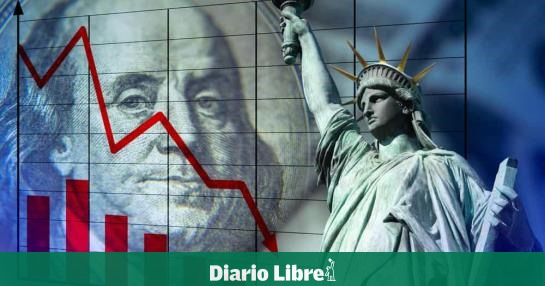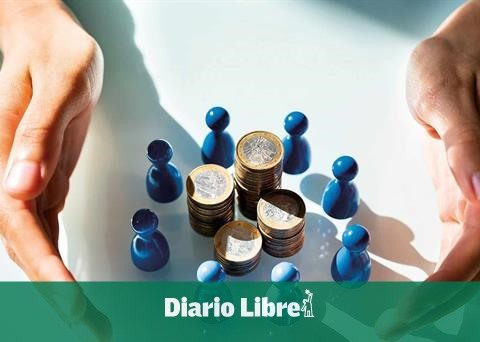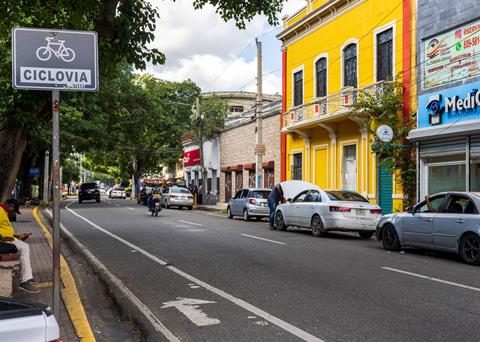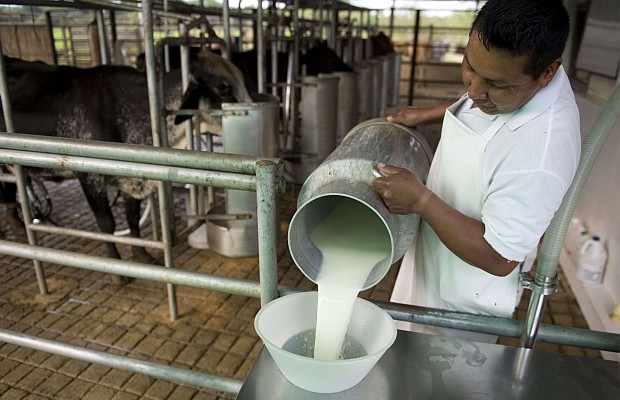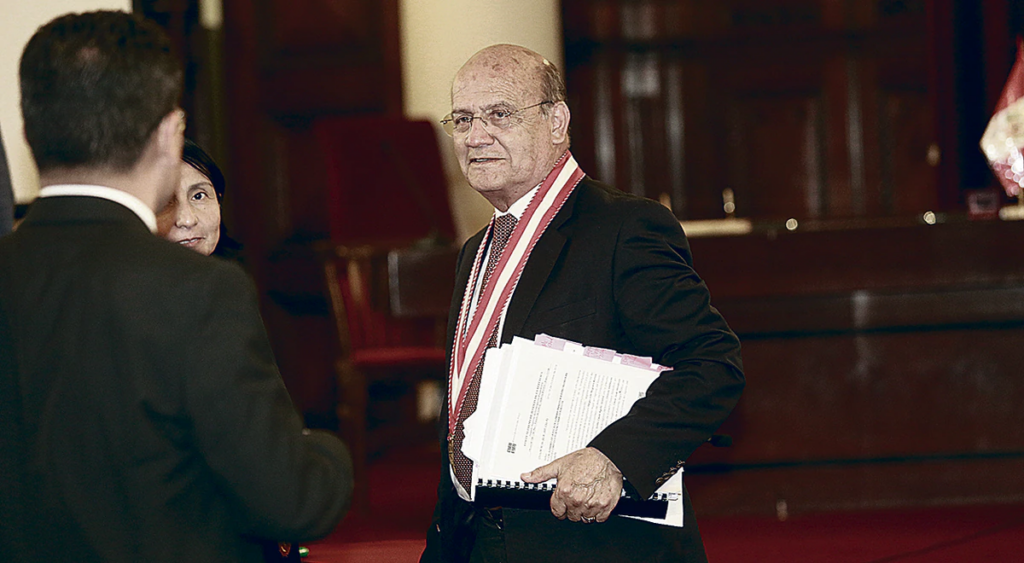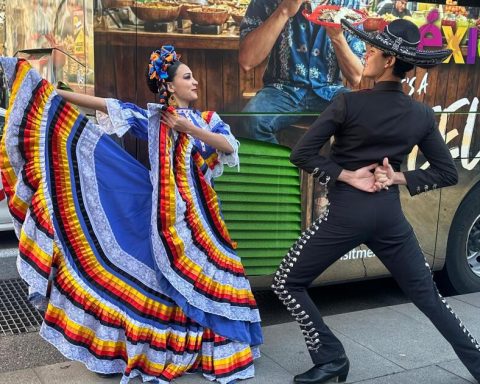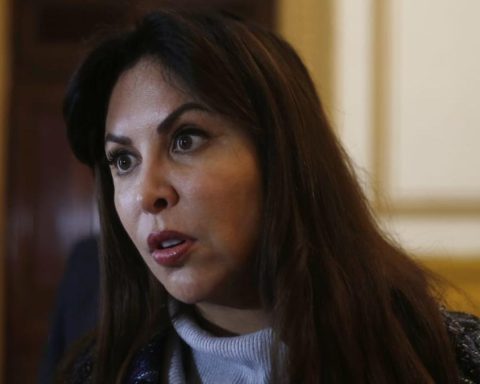The Hispanics remain optimistic about the future of their personal finances despite the soaring inflation is making energy and the shopping basket more expensive, says a survey published this Thursday by the Florida Atlantic University (FAU).
Despite the high cost of living, the Latino population in the United States was more optimistic than at the end of 2021, with the Hispanic Consumer Sentiment index increasing from 86.7% in the fourth quarter to 92%.
In this way, the Business and Economy Survey Initiative (FAU BEPI) shows that this index recovered the level registered in the first quarter of 2021.
65% of Hispanics He stated that he was better off economically than the previous year, six percentage points more than the data for the last quarter of 2021.
Men are more optimistic than women: 72% of them are, while in the other gender they are only 57%.
Something similar happened in terms of the prospects of how its economy will be in a year, going from 70% optimism three months ago to 73% in the first quarter of the year, thanks especially to millennials.
Mónica Escaleras, director of FAU BEPI, highlighted that this group represents a large portion of the Latino population and many of them are currently entering the labor market for the first time and face “excellent prospects” thanks to the fact that unemployment among Latinos has decreased ” abruptly” since last year.
And all this despite the notable increase in inflationwhich shot up to 8.5% last March, a level not seen since 1981.
This fact caused 81% of those surveyed to say that the cost of living had risen, compared to 70% in the last quarter of 2021.
However, 55% of Hispanics he said he expects the country as a whole to experience good business conditions in the coming year compared to 51% in the fourth quarter of 2021.
In the long term, this vision is maintained and Latinos are more optimistic now than in the fourth quarter of 2021 (61% vs. 53%), although in this case it is women who see the future with better eyes (43% vs. 35%). %).
49% of Hispanics think that it is a good time to buy a house, for 46% of the last study, and 53% consider it appropriate to buy a car, the same percentage as three months ago.
Despite the optimism reflected in this survey of 612 Hispanics adults in the first quarter with a margin of error of 3.96%, there is a point where the future prospects are not so rosy: purchases of expensive household items, where the index fell three points and stood at 50%.
